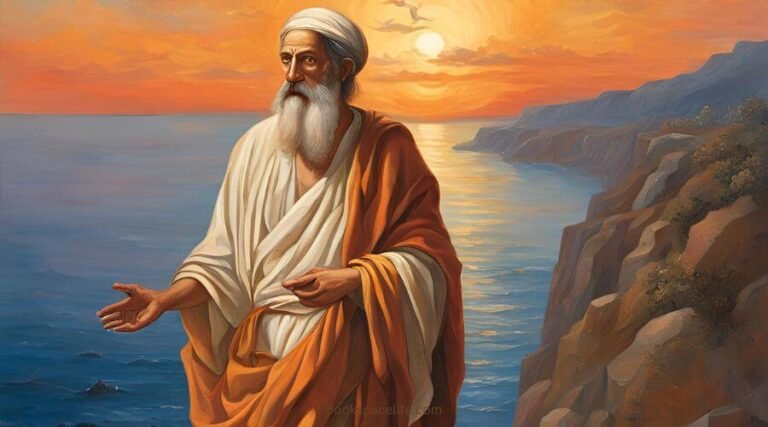
Empedocles (495 – 435 BCE)
Empedocles proposed the four classical elements—earth, air, fire, and water—as the universe’s foundation. In On Nature and Purifications, he described Love and Strife as forces governing cosmic change and existence.

Empedocles proposed the four classical elements—earth, air, fire, and water—as the universe’s foundation. In On Nature and Purifications, he described Love and Strife as forces governing cosmic change and existence.
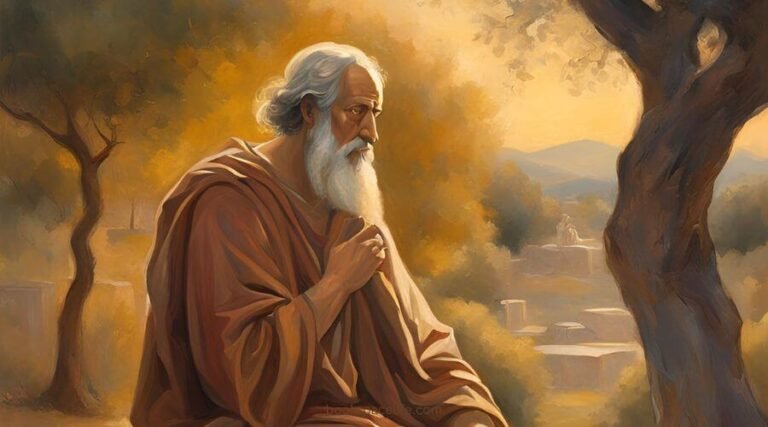
Anaxagoras of Clazomenae introduced the concept of Nous (Mind) as the cosmic ordering force. He proposed that everything contains a portion of everything else. His work, On Nature, explored celestial and physical phenomena.

Parmenides of Elea, a pre-Socratic philosopher, asserted that reality is singular, eternal, and unchanging. In On Nature, he contrasts truth (reason) with illusion (sense perception), denying the possibility of change and plurality.

Heraclitus (535 – 475 BCE): The Philosopher of Change and Unity
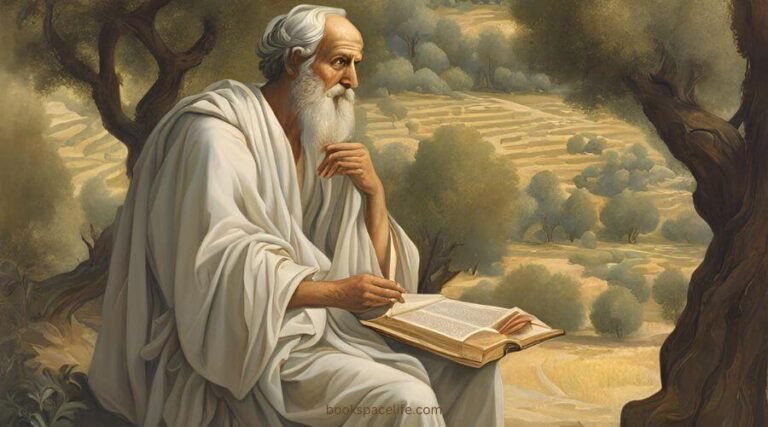
Xenophanes (570 – 475 BCE): The Philosopher of Change and Critique
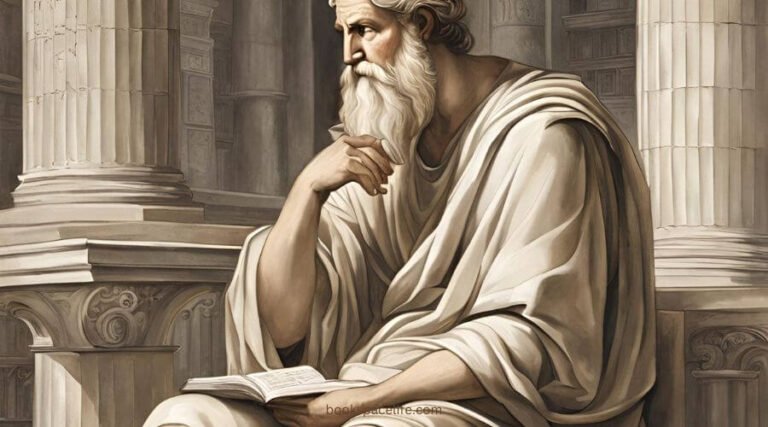
Pythagoras of Samos (c. 570 – c. 495 BCE) is known primarily for the Pythagorean theorem in mathematics. He was also a profound philosopher who founded a movement that significantly influenced Western thought.

Anaximander (c. 610 – c. 546 BCE) was an early Greek philosopher who made significant contributions to the fields of cosmology, geography, and biology.
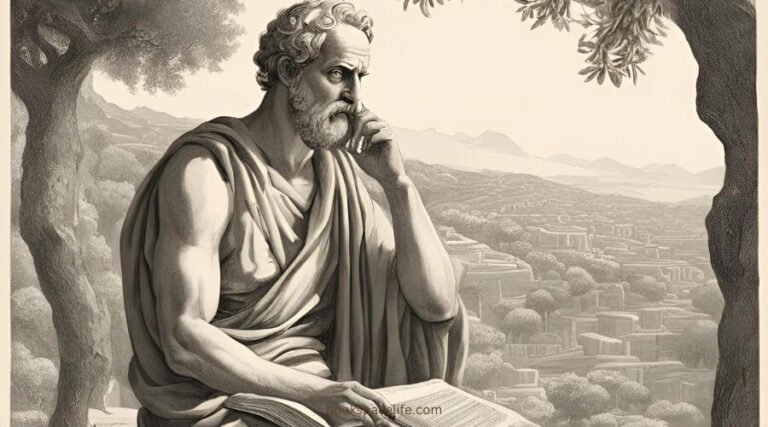
Anaximander (c. 610 – c. 546 BCE) was an early Greek philosopher who made significant contributions to the fields of cosmology, geography, and biology.